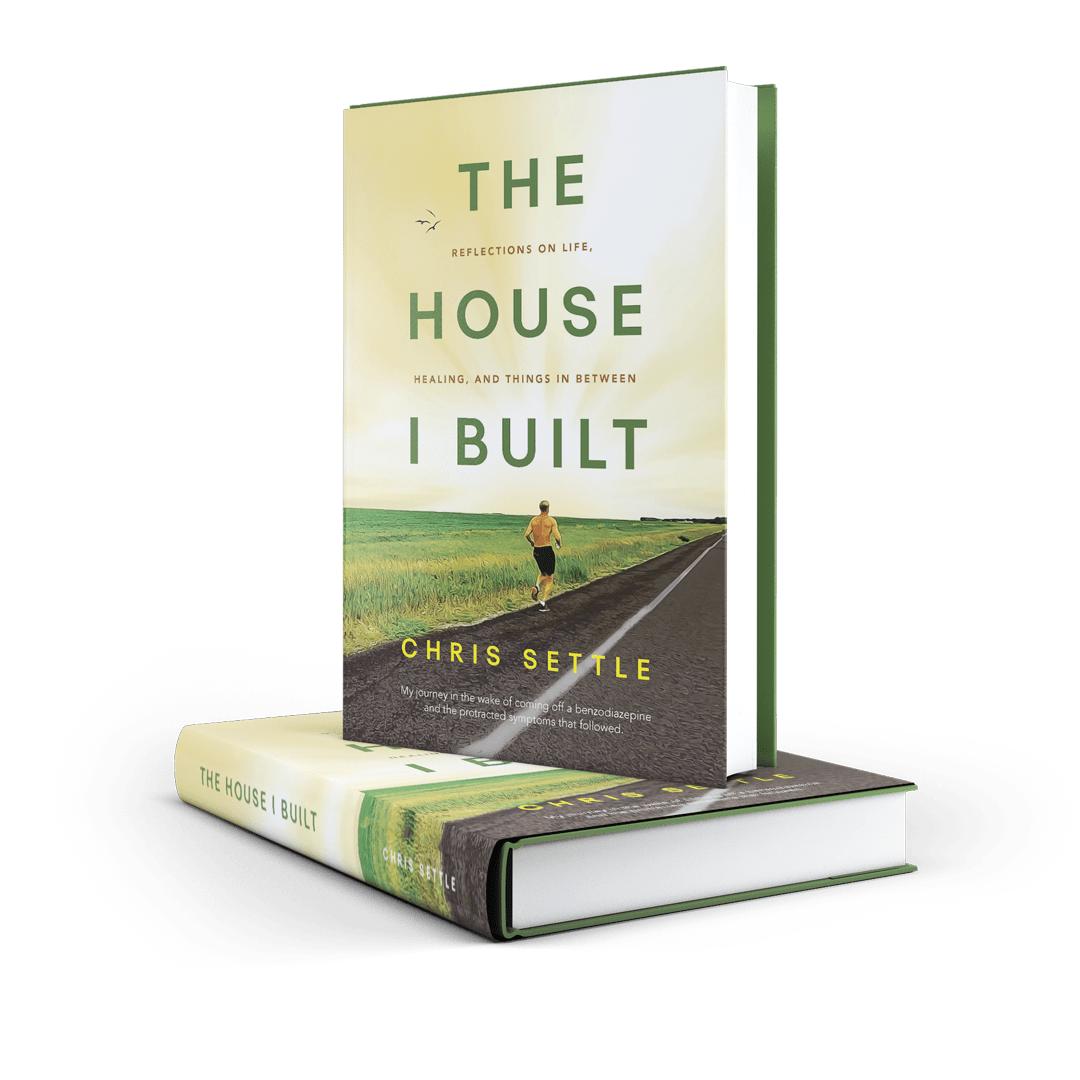The Book

If you know anything about the effect benzodiazepines can have on your being, you know that they’re highly addictive, potentially destructive, and most certainly can be a career killer when things don’t work out as intended. Which in many cases is the least of people’s concerns—the one-year mortality rate for someone struggling with the effects of coming off a benzo after long-term use is around 10 percent (the data is scattered and elusive, but that’s the conservative ballpark). This is serious stuff.
I don’t know if the events of seven years ago and how I feel today are attributable to my experience with alprazolam. Several medical professionals I have worked with do not believe this to be the case. But something happened to me that left its mark. Something that changed me from that day forward, which has been at the epicenter of a healing process ever since. And, in turn, became a central motivation for me to write this book.